Farmer’s Guide to Trucking Regulations available to Ohio Farm Bureau members
The guide includes a farm driver checklist, overview of state and federal regulations and exemptions, CDL qualifications and more.
Read More
The second week of July is past and so is the Trumbull County Fair. After 14 years of participation in one of the dairy 4-H clubs at the fair, this family is taking its level of involvement down a notch or two, or three. Our youngest daughter has graduated from high school and even though she could have one more year of eligibility in 4-H, she has chosen 2017 to be her last. Knowing this has caused us all to reflect. The good and the not so good. Early mornings washing and feeding the dairy cows we exhibited. Some minor injuries. We will always remember the great friends that are our fair family and how we help each other throughout the week.
I also reflect on the interaction we each have had with the public. We always felt like we were bringing a piece of the farm to share. We answered questions, let them pet our animals and try to share our livelihood with them. I think it is the best we could do, but I don’t think that it is enough.
The question I got the most this year was, “Do you really take the baby cows away from their mothers right away?” Yes, we do because a dairy cow produces a lot of milk after giving birth, so much that the newborn calf cannot keep up with her mother’s milk production. If we relied on the calf alone, the mother’s mammary system would likely become infected and possibly damaged to the point that she couldn’t produce milk at all. When my husband was a dairy farmer, his goal was to make sure the calf got the first milk, colostrum, from its mother within the first eight hours after birth. To do this, he would milk the cow and bottle feed it to the calf. Doing this, he would ensure that the mother’s udder health and the calf’s needs were taken care of. He generally did not separate them for a couple of days. This may seem cruel to you, but to treat dairy cows any other way would be cruel!
Society has humanized animals, especially their pets. Anthropomophism, according to Wikipedia, is the attribution of human traits, emotions and intentions to nonhuman entities. Pets, especially cats and dogs, are increasingly being cared for according to human patterns. Pets are regarded as family members and are often considered equivalent to children in the level of attention they gain from pet owners. This may be OK for your pet, but not really the best thing for them and definitely no for farm animals. Sure, I have had dairy cows in my life that became like pets, but they are still cows. They have needs that cows have had for hundreds of years.
My friend, Dave, told me as we were loading up the cows to head to the fair: Do you know what the problem is? Hollywood has humanized all kinds of animals. And now, people who never lived on a farm are making the rules on the best way to raise animals.
I know a bunch of dairy farmers and I know that they are in the business of taking care of their cows. If they didn’t, they would be out of business.
I know the fair is over for the year, but I am already making plans to visit next year to see the 4-Hers in my club show again next year and to see our Cloverbud member, Lilah, show for the first time as a full 4-H participant in 2018.
I hope you came to the fair this year and enjoyed the animals. Please keep coming and asking questions!!
Submitted by Mary Smallsreed, a member of the Trumbull County Farm Bureau, who grew up on a family dairy farm in northeast Ohio.


The guide includes a farm driver checklist, overview of state and federal regulations and exemptions, CDL qualifications and more.
Read More


ODA will enroll 500,000 acres into the program for a two-week sign-up period, beginning April 22, 2024, through May 6, 2024. Contact local SWCD offices to apply.
Read More

Katie Share of Columbus has been named ExploreAg and Youth Development Specialist for Ohio Farm Bureau.
Read More

Mary Klopfenstein of Delphos has been named Young Ag Professional and Ag Literacy Program Specialist for Ohio Farm Bureau.
Read More

The plan has been updated to give sole proprietors access to more rate stability and a smart solution that offers potential savings on health care.
Read More

The American Farm Bureau Federation, in partnership with Farm Credit, is seeking entrepreneurs to apply online by June 15 for the 2025 Farm Bureau Ag Innovation Challenge.
Read More

Adele Flynn of Wellington has been elected treasurer of the Ohio Farm Bureau Federation and now holds the third highest elected office in Ohio’s largest and most influential farm organization.
Read More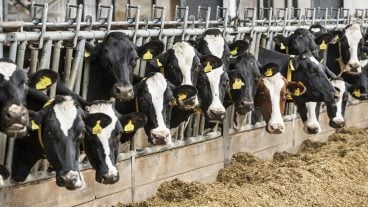
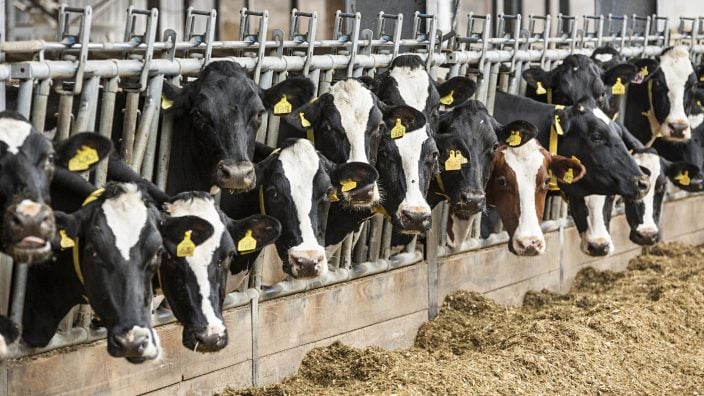
Producers are urged to work with their veterinarian to practice enhanced biosecurity measures and review and limit cattle movements within production systems.
Read More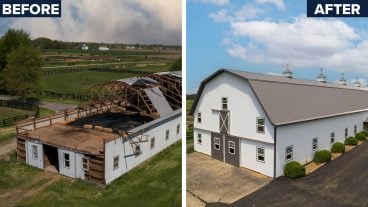
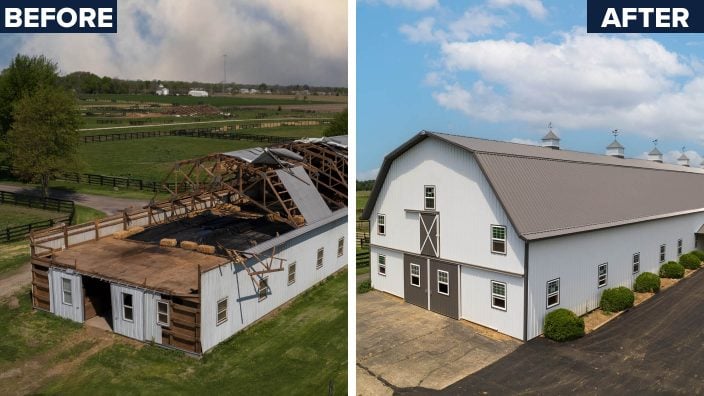
The changing seasons bring with them the need to thoroughly inspect pole barns for any damages that may have occurred during the winter months.
Read More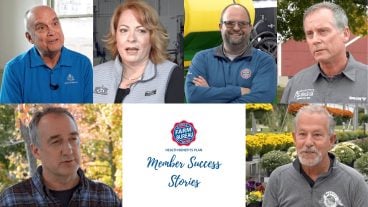
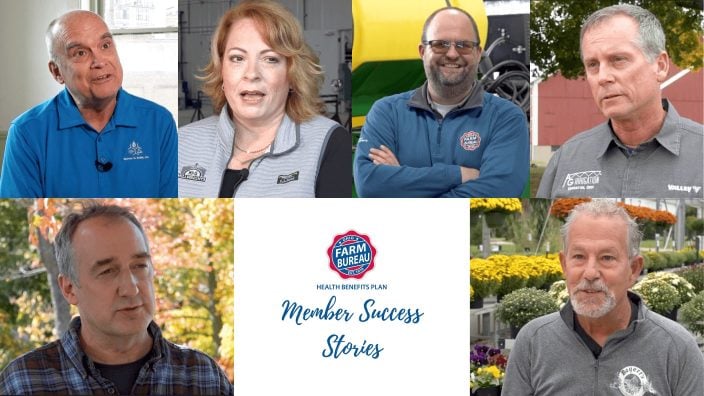
Hundreds of Ohio businesses and sole proprietors are raving about Ohio Farm Bureau’s Health Benefits plan with lower, predictable costs and easy enrollment and administration options.
Read More